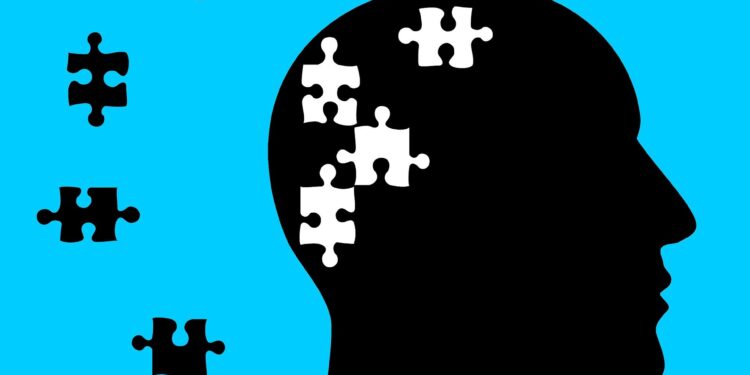Credit: Pixabay/CC0 Public domain
A mouse study designed to shed light on memory loss in people who experience repeated impacts to the head, such as athletes, suggests this condition could potentially be reversed. Research in mice reveals that amnesia and poor memory following head trauma are caused by inadequate reactivation of neurons involved in forming memories.
The study, conducted by researchers at Georgetown University Medical Center in collaboration with Trinity College Dublin, Ireland, is reported January 16, 2024 in The Journal of Neuroscience.
Importantly for diagnostic and treatment purposes, researchers discovered that memory loss attributed to head trauma was not a permanent pathological event caused by neurodegenerative disease. Indeed, researchers could reverse amnesia to allow mice to recall lost memories, potentially making it possible to clinically reverse cognitive impairment caused by head impact.
Georgetown investigators had previously discovered that the brain adapts to repeated head impacts by changing the way the brain’s synapses work. This can lead to difficulty forming new memories and remembering existing ones. In their new study, the researchers successfully tricked mice into recalling forgotten memories due to head shocks.
“Our research gives us hope that we can design treatments to return the brain to its normal state and recover cognitive functions in humans who have poor memory caused by repeated impacts to the head,” said Mark Burns, Ph. . D., professor and vice chair of the Department of Neuroscience at Georgetown and director of the Brain Injury and Dementia Laboratory.
In the new study, scientists gave two groups of mice a new memory by training them on a test they had never seen before. One group was exposed to a high frequency of mild head impacts over a week (similar to exposure to contact sports in humans) and one group consisted of controls who did not receive the impacts. The affected mice were unable to recall the new memory a week later.
“Most research in this area has focused on the human brain with chronic traumatic encephalopathy (CTE), a degenerative brain disease found in people with a history of repeated head impacts,” Burns said. “In contrast, our goal was to understand how the brain changes in response to the mild impacts to the head that many young footballers regularly experience.”
Researchers found that on average, college football players receive 21 head impacts per week, with defensive ends receiving 41 head impacts per week. The number of mouse head impacts in this study was designed to mimic a week of exposure for a college football player, and each head impact itself was extraordinarily mild.
Using genetically modified mice allowed researchers to see the neurons involved in learning new memories, and they discovered that these memory neurons (“the memory engram”) were also present in control mice and in experimental mice.
To understand the physiology behind these memory changes, the study’s first author, Daniel P. Chapman, Ph.D., said: “We are good at associating memories with places, and this is because being in a place or seeing a photo of a place causes a reactivation of our memory engrams.
“That’s why we looked at engram neurons to look for the specific signature of an activated neuron. When mice see the room where they first learned the memory, control mice are able to activate their memory engram , but the head-impacted mice were “No. That’s what was causing the amnesia.”
Researchers were able to reverse amnesia to allow mice to remember lost memories by using lasers to activate engram cells. “We used an invasive technique to reverse memory loss in our mice, and unfortunately this is not translatable to humans,” adds Burns.
“We are currently investigating a number of non-invasive techniques to try to communicate to the brain that it is no longer in danger and to open a window of plasticity capable of resetting the brain to its previous state.”
More information:
Amnesia after repeated head impact is caused by impaired synaptic plasticity of the memory engram, The Journal of Neuroscience (2024).
Provided by Georgetown University Medical Center
Quote: Amnesia caused by head trauma reversed in an early mouse study (January 16, 2024) retrieved January 16, 2024 from
This document is subject to copyright. Apart from fair use for private study or research purposes, no part may be reproduced without written permission. The content is provided for information only.



